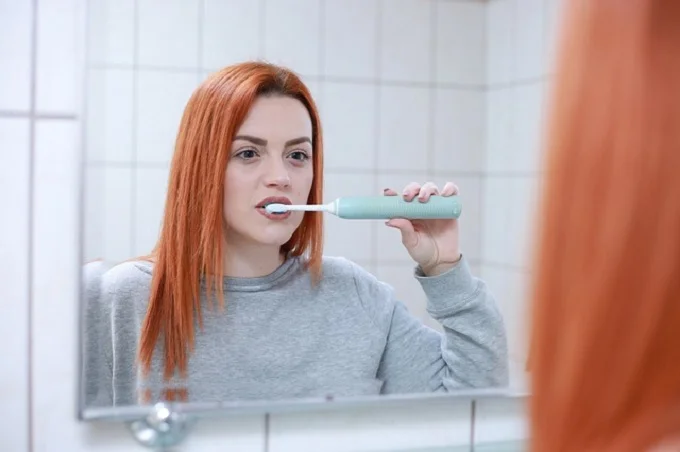Regardless of whether you do not give due importance, the benefits of taking care of your teeth daily and maintenance are not limited to good oral hygiene, but in general, to the excellent functioning of the body.
Poor oral hygiene is associated, among other things, with cardiovascular disease, chronic obstructive pulmonary disease (COPD), and even µcomplications in pregnancy for women).
That is why it is vital to learn to brush your teeth properly for the aesthetic part of the subject to get a bright, white smile-and for your health, avoiding some common mistakes that we all make more or less during brushing.
4 common mistakes that cost your teeth and oral hygiene
1. The movements are almost always hurried
Brushing your teeth quickly, hastily and awkwardly or applying a lot of pressure can result in self-injury. To hurt the gums and accelerate the wear of the enamel of the teeth.
Instead, the movements should be circular, slow and steady, without much force, but not as a caress, and the brushing should last at least two minutes.
2. We do not clean the tongue
Food debris that causes dangerous bacteria and bad breath accumulate not only in the teeth but also in the tongue. Therefore, a pass with the toothbrush is required at every brushing.
3. We do not use floss or interdental brushes
Out of laziness, most of us brush our teeth and finally. Their care is exhausted in this move. But it is not enough, and this is something that the dentist has pointed out to you.
While satisfactorily cleans the surfaces of the teeth, the toothbrush does not penetrate the spaces between them, that is, where caries, gingivitis and periodontitis develop, that is, the serious diseases of the gums.
Prevention is the best treatment, and floss or interdental brush are the necessary weapons to avoid the worst. Their use should be daily, ideally the night before or after brushing.
4. We neglect the frequent change of toothbrush
Whether you use an electric or a conventional toothbrush, you should replace it every three to four months. In the first case, you throw away the worn brush and put on a new one, and in the second, you buy a new toothbrush. The reason is simple: damaged hair does not effectively remove plaque and bacteria.
